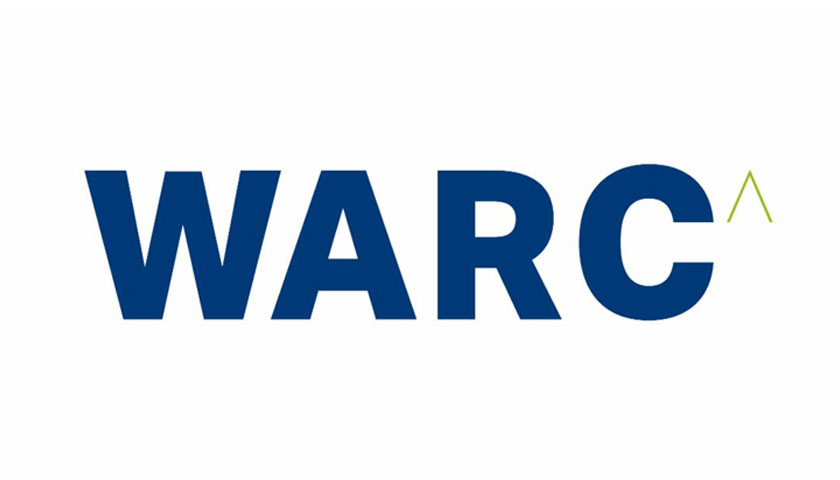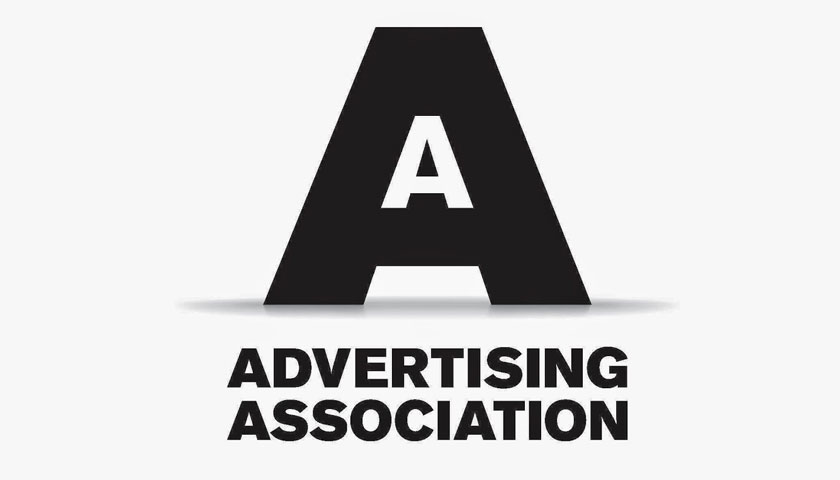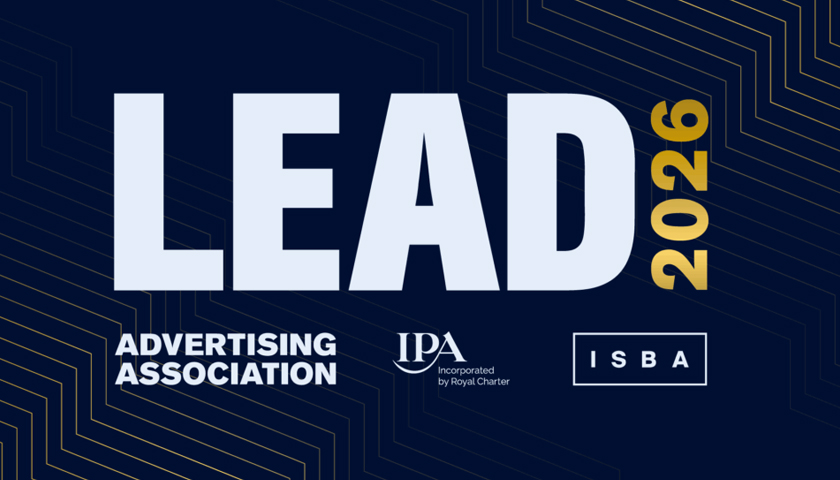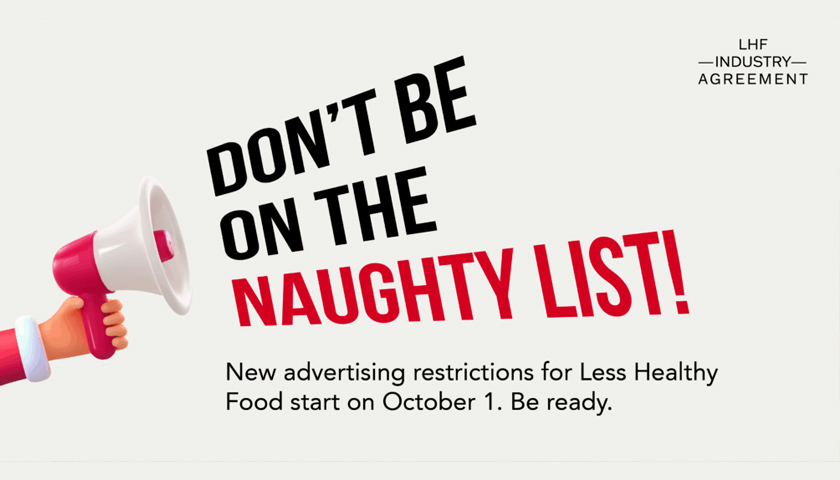Reaching net zero, a target global climate scientists say the world must reach by 2050 to manage global warming and avoid a temperature rise above 1.5 degrees, is critical. In a report by the IPCC, António Guterres, the UN’s secretary-general, described the climate emergency as “code red for humanity”.
With this call to action, WARC, the global authority on marketing effectiveness, in partnership with LIONS, the home of creativity, and the UK’s Advertising Association, have joined forces to launch the WARC Sustainability Hub, a one-stop resource to help marketing practitioners worldwide tackle the challenges and find innovative ways to implement more sustainable actions to address the climate crisis.
The new WARC Sustainability Hub brings together a curated collection of content including best practice, effectiveness case studies and thought leadership. Additional resources will be curated from Ad Net Zero, a UK industry-wide initiative led by the Advertising Association, the IPA and ISBA, to reduce the advertising industry’s carbon impact.
Paul Coxhill, CEO, WARC, said: “It’s critical to act on the climate crisis now. As an industry, not only should we take the lead in helping change consumer behaviour, but we also need to look at our own conduct. To kick-start the launch of this Sustainability Hub, we are delighted to release the WARC Guide to Net Zero Marketing, freely available to all, to help cut through the noise, by providing actionable sustainable marketing best practices to start addressing this global emergency.”
Stephen Woodford, Chief Executive, Advertising Association, said: “The challenge of climate change requires collective action, not just in the UK but around the world. This new Sustainability Hub will help advertising practitioners reduce carbon emissions and produce work to support more sustainable ways of living.”
To launch the Sustainability Hub, WARC has released the WARC Guide to Net Zero Marketing. The report provides a roadmap to help the industry drastically reduce the amount of greenhouse gas emissions it produces, and achieve a net zero target.
The Guide contains a compilation of recent industry research, and features contributions from more than a dozen industry experts from across the world. It presents frameworks to help marketers drive behavioural change, features examples of brands showing climate leadership, and practical advice on how to avoid the perils of greenwashing.
Author of the report, Lena Roland, Managing Editor, WARC.com, said: “The global marketing industry is well-placed to help in addressing the climate emergency, given its position at the intersection of several business disciplines with a major environmental impact. But reducing carbon emissions requires systemic change, including rethinking how adverts are made and taking a lean approach to media planning”.
With 46% of marketers affording the environment and financial growth equal importance, according to a recent survey conducted for WARC’s Marketer’s Toolkit 2022, key advice outlined in the WARC Guide to Net Zero Marketing includes:
Avoid Greenwashing
To avoid greenwashing, ensure net zero targets will stand up under the scrutiny of regulators and other stakeholders. Use offsets carefully as this is an area where net zero targets fall down.
A standardised approach for calculating carbon impact is essential, and brands must ensure claims can be substantiated. As carbon labelling schemes become more commonplace, labelling should be accurate and account for the full lifecycle of the product.
Radical Transformation
Advertisers should adopt a lean mindset as the demand for net zero media plans grows, which includes rethinking ad lengths – a 10 second ad will likely have less carbon impact than a 30 second ad. In this context, brands that can generate quick recall will have an advantage.
Actionable suggestions include:
- Invest in regenerative agriculture and renewable materials and encourage sustainable behaviour across the entire value chain.
- Use recyclable paper, printed by carbon neutral printers. Use renewable energy to illuminate out-of-home adverts.
- Make advertising shoots climate-friendly by reducing travel: use local crew, send fewer people, fly economy, take the train.
- Reduce carbon footprint at industry events by auditing the entire supply chain: evaluate the venue’s sustainable policies, integrate hybrid experiences for those who opt out of travelling.
The consumer opportunity
Eco-friendly consumerism is growing and marketers should innovate around the circular economy to appeal to the climate-conscious consumer. Make it easy for people to recycle, reuse, rent and resell, and reward eco-friendly behaviour.
Data from Bain & Company shows second-hand luxury is growing 5x quicker than new sales. A Kantar survey of 80,000 people across 19 countries found 20% of FMCG shoppers could be classed as “Eco-Actives” – people who take regular actions to reduce their packaging waste on a daily basis.
A European study by InSites Consulting found consumers are willing to pay more for sustainable brands but also wonder why they should have to.
A recent study by Dentsu International and Microsoft Advertising found that 77% of people globally say that, within five years, they only want to be spending money with brands who are practising green and sustainable advertising. Whilst within one year, 3 in 5 people plan to boycott brands that don’t act on climate change.
Drive behavioural change
A key task for marketers will be to help drive behaviour change among consumers, to close the gap between what people say, and what they do.
Create clear and helpful messaging that people can easily understand. Use creativity to inspire people to make climate-friendly choices, and explain the multiple benefits of a green economy.
Marketers have an opportunity to create powerful campaigns for sustainable products and services, such as renewable energy and vegan cuisine, and reward consumers for their climate-friendly behaviour.
The full WARC Guide to Net Zero Marketing is available to download here.
Championing best practice and featuring regular updates, the WARC Sustainability Hub in association with LIONS and the Advertising Association, can be accessed by all here.
A series of podcasts will also follow, available to listen to on all major platforms, including Spotify, Apple, Castbox and RadioPublic.



